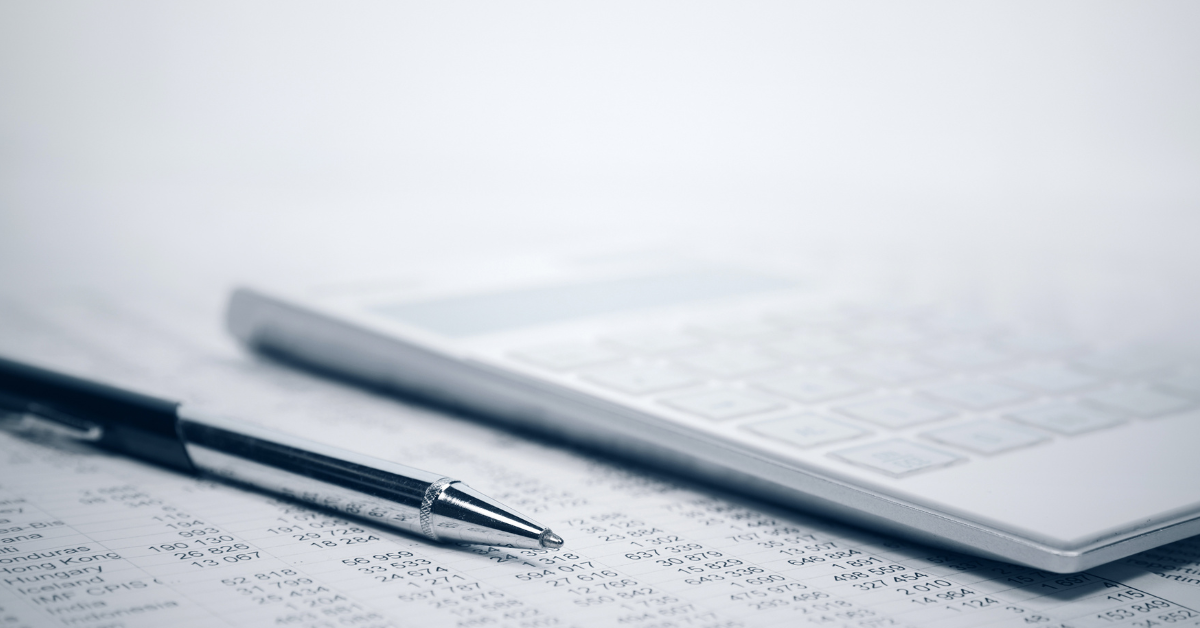What are the Tax Changes for July 1?
A new financial year often means new tax rules and regulation—with a raft of new tax changes for July 1.
Some are aimed at alleviating current cost-of-living pressures, while others are designed to help individual taxpayers boost their retirement savings.
If you’re wondering what new tax changes will come into effect in the new financial year, wonder no more. Here’s everything you need to know about the latest tax changes.
Changes to Personal Income Tax Rates and Thresholds
As part of its drive to alleviate cost-of-living pressures, the federal government has announced a raft of changes to personal income tax rates and thresholds.
These changes include:
- reducing the 19% tax rate to 16%
- reducing the 32.5% rate to 30%
- increasing the income threshold above which the 37.5% tax rate applies from $120,000 to $135,000
- increasing the income threshold above which the 45% tax rate applies from $180,000 to $190,000.
The changes are designed to help low-to-middle income Australians keep more money in their pocket by alleviating the effects of inflation without adding to inflationary pressures, while also protecting middle Australians from bracket creep.
An Increase to the Superannuation Guarantee
Superannuation Guarantee rates have been rising steadily since 2021, and they’ll increase once again on July 1.
In line with the now annual half-a-per cent increase, the Superannuation Guarantee rate will jump from 11% to 11.5% for the 2024-25 financial year.
Make sure you’re across the new SG rates and how they affect any of your employees’ salary packages.
A Lifting of the Superannuation Cap
Along with changes to the Superannuation Guarantee, the superannuation cap for concessional superannuation contributions has also been lifted from $27,500 to $30,000.
That means you can now make contributions up to the new $30,000 threshold without incurring any additional tax.
The non-concessional tax threshold has also been raised from $110,000 to $120,000. This is the after-tax threshold you can contribute up to without incurring additional tax requirements.
As always, if you have any questions about your superannuation contributions, don’t hesitate to give us a call on 02 9415 1511 to discuss.
An Extra $300 in the Household Budget
Mindful of rising energy costs, the federal government will also provide a $300 energy bill rebate to every Australian household, as well as offering additional bill relief to small businesses.
The rebate will see $300 automatically credited to each household’s power bill—although it won’t be deducted as a lump sum but rather at a rate of $75 per quarter.
The federal government has also made changes to the luxury car threshold—lifting it to $91,387 for fuel-efficient vehicles, and $80,567 for all others—while the car limit for depreciation has increased to $69,674.
But it’s the $300 per household energy rebate that has generated most of the headlines.








